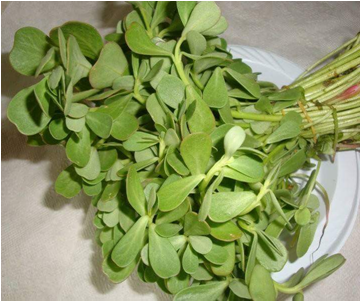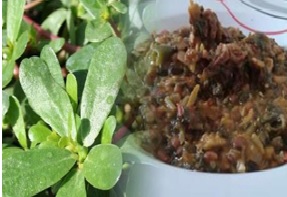ENTER A PRODUCT: Submission #42
Secondary tabs
Submission information
Submission Number: 42
Submission ID: 48
Submission UUID: c35c04b4-fa27-4e23-93b8-de0021cd6141
Submission URI: /slowfood/form/segnala-un-prodotto-bk1
Created: Wed, 03/22/2023 - 13:28
Completed: Wed, 03/22/2023 - 13:32
Changed: Tue, 09/19/2023 - 13:01
Remote IP address: (unknown)
Submitted by: admin-form
Language: English
Is draft: No
Current page: Complete
Webform: ENTER A PRODUCT
General Info
Bondleka
Portulaca oleracea L.
| Category |
|---|
| Spezie, erbe selvatiche e condimenti |
Geographic area: Mahdia, Tunisia
Latitude: 35.5024461
Longitude: 11.045721
Location: 35.502446,11.045721
Formatted Address: Mahdia, Tunisia
Locality: Mahdia
State/Province: Governatorato di Mahdia
Country: Tunisia
Country Code: TN
Latitude: 35.5024461
Longitude: 11.045721
Location: 35.502446,11.045721
Formatted Address: Mahdia, Tunisia
Locality: Mahdia
State/Province: Governatorato di Mahdia
Country: Tunisia
Country Code: TN
Product description
Purslane (Portulaca oleracea L.) is an annual plant of the Portulacaceae family, mainly distributed in temperate and tropical climate zones. There are two species of this plant in Tunisia, one spontaneous (consisting of wild populations Portulaca oleracea subsp. sylvestris (DC.) Celak. and cultivars) and one introduced ornamental species (Portulaca grandiflora Hook.). The plant can have a spreading or ascending arrangement, strongly branched and with fleshy, reddish stems, 10 to 30 cm long. The leaves are alternate, subordinate or opposite, fleshy, glabrous, ovate to spatulate and up to 3 cm long and 1.3 cm wide. The flower has two unequal, obtuse, keeled sepals. The yellow petals are four to six and deciduous, the stamens six to fifteen, the ovary semi-inferior. The fruit is a dehiscent capsule. The root is taproot and fleshy.
This plant, probably originating in India and known to the Egyptians for over 4,000 years, is used for food and medicinal purposes. In the Middle Ages, the Arabs called it a 'blessed vegetable' because, according to tradition, it healed Muhammad's wounded foot. The origin of the word Bondleka comes from the Latin name of the plant Portulaca. In the Arab world it is called by different names: Bakla (بقلة) in the Levant, Rejla (رجلة) in Egypt, Blibcha (بليبشة) in Libya and Bondrak (بندراق) in Algeria.
This plant, probably originating in India and known to the Egyptians for over 4,000 years, is used for food and medicinal purposes. In the Middle Ages, the Arabs called it a 'blessed vegetable' because, according to tradition, it healed Muhammad's wounded foot. The origin of the word Bondleka comes from the Latin name of the plant Portulaca. In the Arab world it is called by different names: Bakla (بقلة) in the Levant, Rejla (رجلة) in Egypt, Blibcha (بليبشة) in Libya and Bondrak (بندراق) in Algeria.
Bondleka, or blibcha, is also a traditional dish in the city of Mahdia and the Sahel region, prepared with purslane. To make it, the plant is steamed in a couscous pot together with lentils and broad beans. Separately, an onion and a chopped tomato are browned in oil, to which tomato paste, harissa and crushed garlic are then added. Everything is seasoned with ground cumin, paprika and pepper. Towards the end of cooking, after adding the green peppers and purslane with the drained lentils and broad beans, the mixture is brought to the boil. The dish, once ready, is served with fried eggs. Since purslane grows wild in spring, people usually prepare bondleka at this time.
Farmers keep this plant exclusively for personal consumption, as purslane is not sold.
Farmers keep this plant exclusively for personal consumption, as purslane is not sold.
.
In some regions of Tunisia, Bondleka was and still is considered a parasitic plant to be eradicated from crops, but the old inhabitants of the Sahel knew its benefits.
NO
Upload space
- Image:

- Image:
